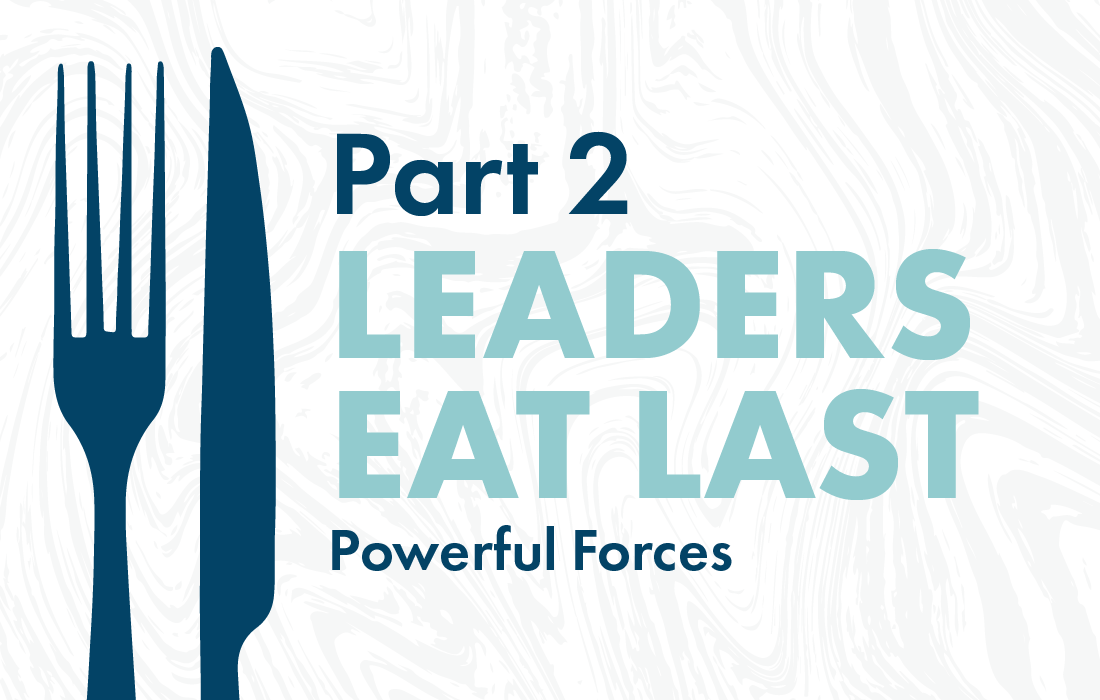
This week we will discuss Part 2 that focuses on the biology behind being happy. Four specific chemicals in our bodies shape how we act as employees and leaders. Read along to see how Optus employees reacted to Part 2.
TAKEAWAYS
Part 2: Powerful Forces focuses on E.D.S.O: endorphins, dopamine, serotonin and oxytocin. Being happy at work is not just your environment, it’s science. The four chemicals are split into two groups: selfish and selfless chemicals. The selfish chemicals help us get things done while the selfless chemicals help strengthen our bonds. These chemicals are the key driver in our motivation at work.
FAVORITE QUOTES
- “My favorite definition of love is giving someone the power to destroy us and trusting they won’t use it.”
- “The more good things we do, the more good we want to do.”
- “Without Social Chemicals We’d be Cold Blooded” “Human beings exist as individuals and in groups at all times.”
- “When dopamine is the primary driver, we may achieve a lot but we will feel lonely and unfulfilled no matter how rich or powerful we get. We live for the quick hits and for the next rush.”
DAY-TO-DAY
Our employees had a lot of great ideas for how they could implement ideas from Part 2 into their day-to-day lives.
- Place people first. Building a company culture on the basis that your employees are simply 1’s and 0’s creates a level of toxicity that inevitably outweighs any short term success.
- I liked the section called “Our Goals Must Be Tangible.” It is easy to set a vague goal of being better or do more of something, but it is impossible to really attain unless you can measure it. This makes me think of the acronym S.M.A.R.T. meaning goals need to be specific, measurable, attainable, relevant, and timely. The idea of tangible goals is something to keep in mind when setting goals in my professional or personal life.
- Reduce uncertainty and stress by keeping the lines of communication open with both coworkers and management. • Work in a way that benefits all those around me at work.
- By being productive, there’s only upsides to it. Also, when you humble yourself and remember “you only ever deserved a Styrofoam cup”, not all that perks and whistles that come with your current position.
LEAD THE WAY
Being a leader means more than being in a management position. Leadership can take many forms, whether at work or at home. Some great ideas for how to improve your leadership skills from Part 2 include:
- View objectives/goals through the lens of our team and their well-being first, not just as a directive to hand out.
- There is a section about how being a leader isn’t a title given to you, but an attitude. As someone who doesn’t have formal leadership in my organization, that is something I take to heart. I can utilize all of the ideas and lessons in this book without being a manager, director, etc.
- I will sacrifice my time and energy in order to help others succeed.
- Help to make other individual contributors know how much I appreciate them and how much they mean to our success
- As leaders, we need to work to create the best environment for people to motivate themselves.
SUM IT UP
- Protect your people
- Cost of leadership
- Balance is key
- Together is better
- Lead with loyalty
We hope you join us next week for Part 3: Reality.